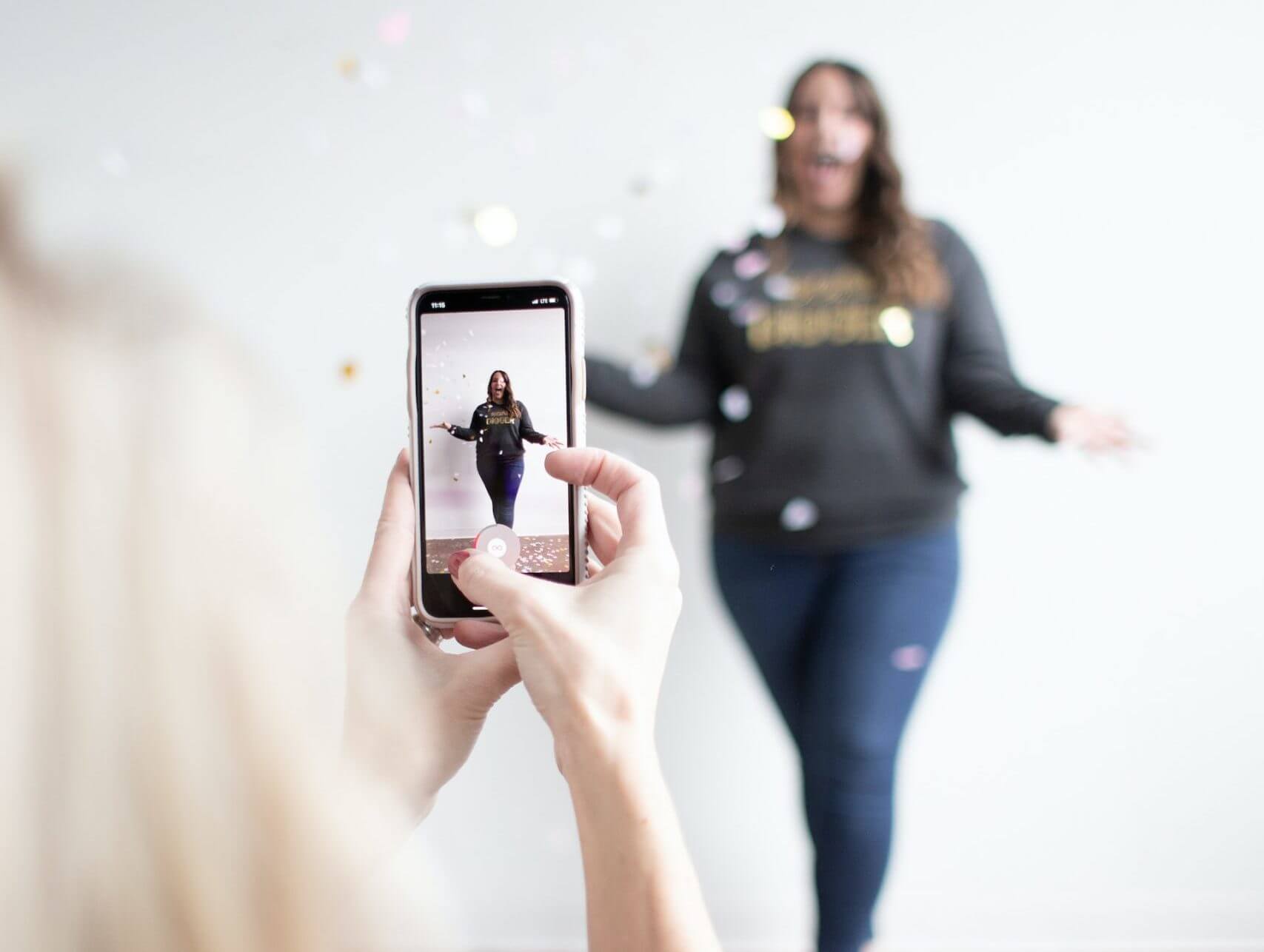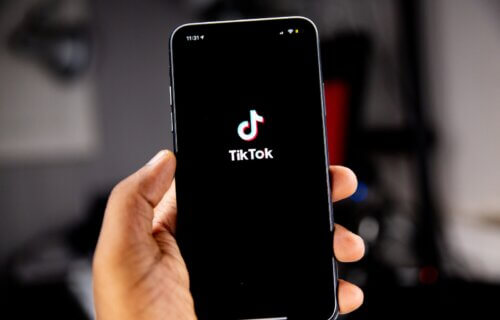MINNEAPOLIS — If you’re already feeling down in the dumps, the last thing you should do is go on TikTok, computer scientists warn. New research suggests that social media content and its unique algorithm can worsen someone’s already struggling mental state. While interviewing TikTok users, researchers from the University of Minnesota found that people liked the social platform because it gave them a sense of self-discovery and community they didn’t feel in other social media outlets. However, the team says that the platform’s algorithm can cause harm by exposing users to content that threatens their mental health.
“TikTok is misunderstood by people who don’t use the platform,” says Stevie Chancellor, a senior author of the paper and an assistant professor in the University of Minnesota Department of Computer Science & Engineering, in a media release. “They think of it as the dance platform or the place where everybody gets an ADHD diagnosis. Our research shows that TikTok helps people find community and mental health information. But, people should also be mindful of its algorithm, how it works, and when the system is providing them things that are harmful to their wellbeing.”
One of TikTok’s notable features is its wide library of mental health content. This helps people who turn to social media find information from people who have dealt with or are in similar situations.
“A lot of our participants talked about how helpful this mental health information was. But at some point, because of the way the feed works, it’s just going to keep giving you more and more of the same content,” adds Ashlee Milton, first author of the paper and a University of Minnesota computer science and engineering PhD student. “And that’s when it can go from being helpful to being distressing and triggering.”

When users experience large amounts of negative content, there is little they can do to change the algorithm. There is a “Not Interested” button available, but the study participants claim it doesn’t do much to alter the content in their feeds.
“One of our participants jokingly referred to the For You page as a ‘dopamine slot machine,’” Milton says. “They talked about how they would keep scrolling just so that they could get to a good post because they didn’t want to end on a bad post. It’s important to be able to recognize what is happening and say, ‘Okay, let’s not do that.’”
Another issue brought up by participants is that they had a hard time figuring out whether TikTok creators are posting emotional or intense mental health content genuinely or if they are just looking to boost their own numbers. Some participants say they had to take a break from the app because of the stress it was causing them.
While the researchers are in no way saying TikTok is “evil” or advocating for anyone to quit the platform, they do advise staying aware of your mental state when using the app.
The team is presenting their findings at the Association for Computing Machinery (ACM) Conference on Human Factors in Computing Systems.


Great work